Halloween: Origins, Traditions, and the Significance of 2024
Related Articles: Halloween: Origins, Traditions, and the Significance of 2024
- Disney Halloween Wallpaper 2024: Spooktacularly Delightful Designs For Your Desktop
- Google Doodle Games Halloween 2024: A Spooky Adventure Through Time
- Halloween Disney Characters Coloring Pages 2024: Unleash Your Imagination And Celebrate The Spooky Season
- Halloween Events This Month Near Me 2024: A Spooktacular Guide To Chilling Festivities
- Halloween And Day Of The Dead In Mexico 2024: A Vibrant Celebration Of Life And Remembrance
Introduction
With great pleasure, we will explore the intriguing topic related to Halloween: Origins, Traditions, and the Significance of 2024. Let’s weave interesting information and offer fresh perspectives to the readers.
Table of Content
Video about Halloween: Origins, Traditions, and the Significance of 2024
Halloween: Origins, Traditions, and the Significance of 2024
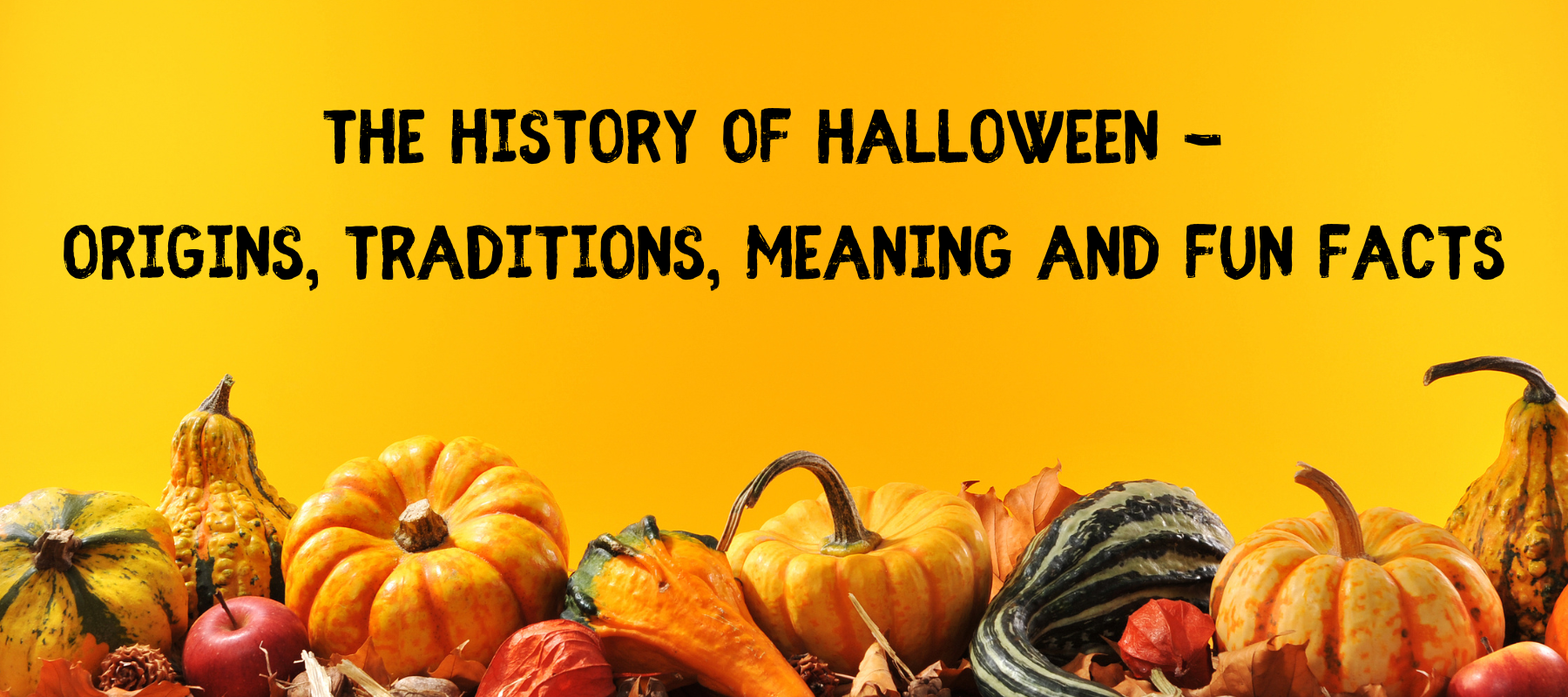
Halloween, celebrated annually on October 31st, has a rich and fascinating history that spans centuries and continents. Rooted in ancient Celtic traditions and Christian beliefs, the holiday has evolved over time into a global phenomenon characterized by its distinctive customs, costumes, and symbolism. This article delves into the origins, traditions, and significance of Halloween, with a particular focus on its anticipated celebration in 2024.
Origins of Halloween
Halloween’s origins can be traced back to the ancient Celtic festival of Samhain, which was observed by the Celts, who inhabited present-day Ireland, Britain, and Northern France. The Celts believed that on the night of Samhain, the boundary between the worlds of the living and the dead became blurred, allowing spirits to cross over. To ward off evil spirits, the Celts would light bonfires, wear costumes made from animal skins, and offer sacrifices.
Christian Influence
In the 8th century, Pope Gregory IV designated November 1st as a day to honor Christian saints, known as All Saints’ Day. The night before All Saints’ Day became known as All Hallows’ Eve, which eventually evolved into the modern-day term "Halloween." As Christianity spread throughout Europe, Halloween absorbed many Christian elements, such as the belief in purgatory and the practice of praying for the dead.
Traditions of Halloween
Over the centuries, Halloween has developed a wide range of traditions that vary from region to region. Some of the most common Halloween traditions include:
- Trick-or-treating: Children dress up in costumes and go from house to house, asking for candy or treats while uttering the phrase "Trick or treat."
- Carving pumpkins: Pumpkins are carved into jack-o’-lanterns, which are said to represent the spirits of the dead.
- Costume parties: Adults and children alike attend Halloween parties where they dress up in elaborate costumes.
- Bonfires: Bonfires are lit to ward off evil spirits and to guide the spirits of the dead.
- Telling ghost stories: Halloween is a time for telling ghost stories and other tales of the supernatural.
Symbolism of Halloween
Halloween is associated with a number of symbols, each with its own unique meaning:
- Orange and black: These colors are often associated with Halloween and represent the harvest and the changing seasons.
- Bats: Bats are often seen as symbols of Halloween because they are associated with darkness and the supernatural.
- Cats: Black cats are considered to be symbols of Halloween due to their association with witchcraft and the occult.
- Spiders: Spiders are also associated with Halloween because they are often seen as symbols of fear and mystery.
- Skulls: Skulls represent death and mortality, which are themes that are often explored during Halloween.
Significance of 2024
In 2024, Halloween will fall on a Thursday. This is considered to be a particularly auspicious day for Halloween, as it is believed that the veil between the worlds of the living and the dead is at its thinnest on Thursdays. As a result, many people believe that Halloween 2024 will be an especially powerful time for practicing magic and divination.
Conclusion
Halloween is a holiday with a rich and fascinating history that has evolved over centuries to become a global phenomenon. Its origins in ancient Celtic traditions and Christian beliefs have shaped its unique customs, costumes, and symbolism. As we approach Halloween 2024, it is an opportune time to reflect on the significance of this holiday and to celebrate its enduring appeal. Whether you are trick-or-treating with children, attending a costume party, or simply carving a pumpkin, Halloween is a time to embrace the spirit of the supernatural and to connect with the traditions of the past.
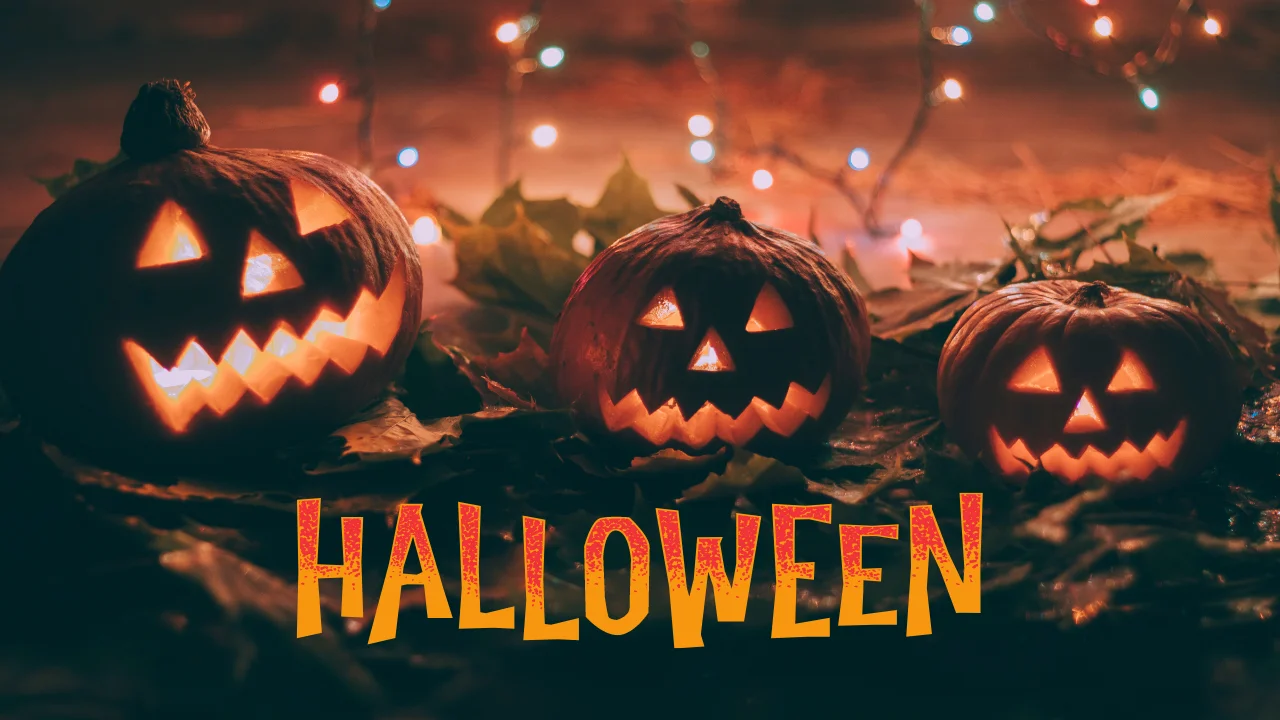
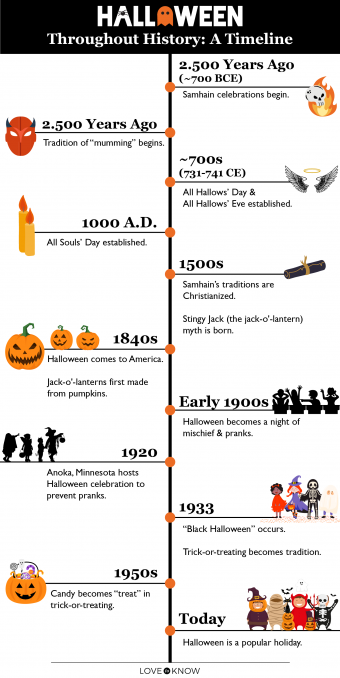

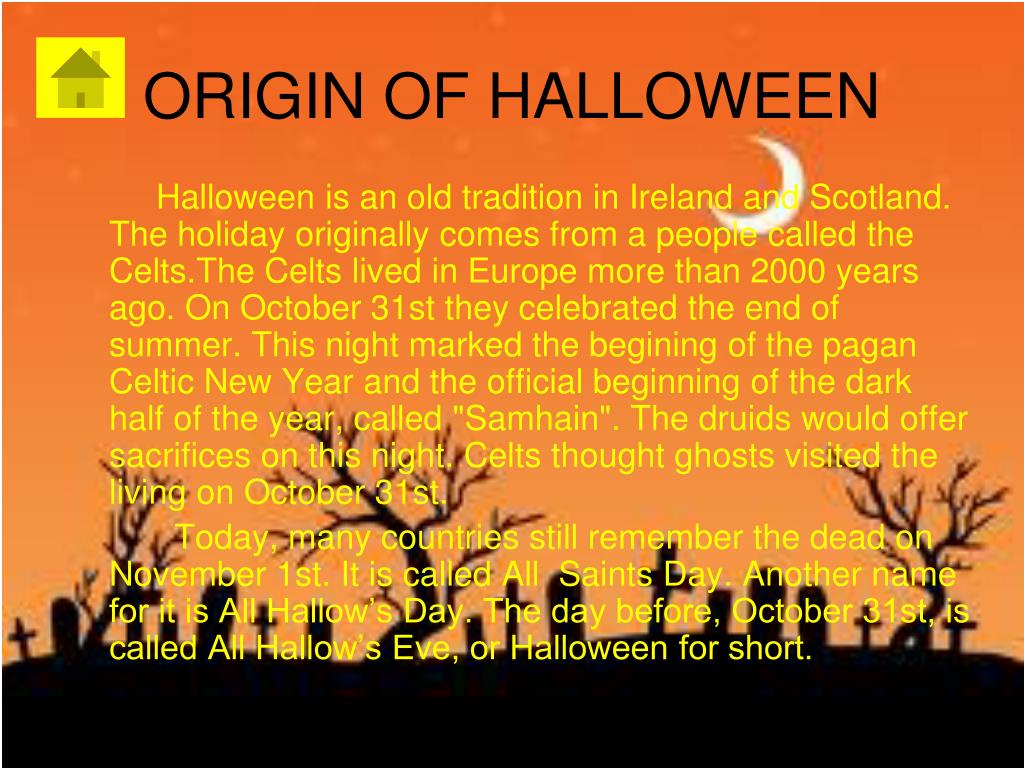



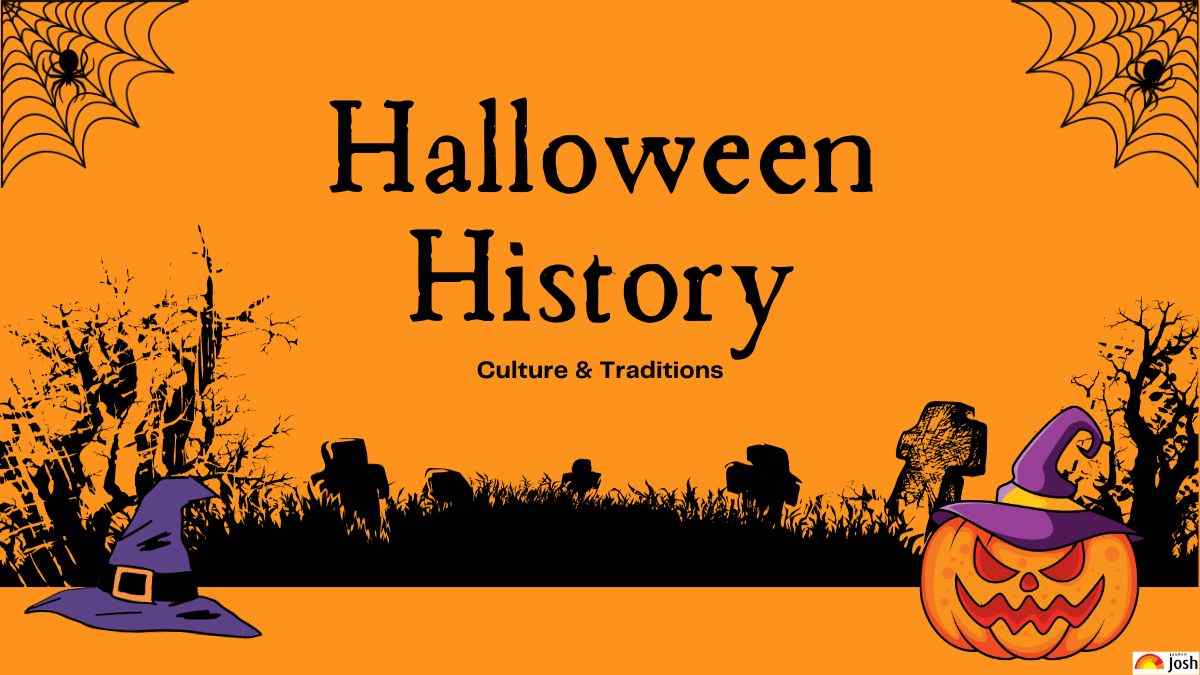
Closure
Thus, we hope this article has provided valuable insights into Halloween: Origins, Traditions, and the Significance of 2024. We appreciate your attention to our article. See you in our next article!